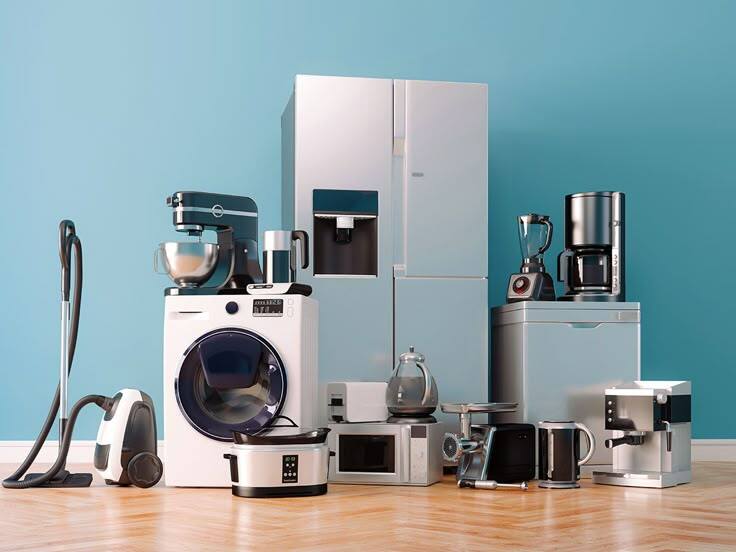Not all appliances are equal when it comes to energy use. Some devices in your home or business draw more electricity than others and understanding which ones have the biggest impact can help you make smarter decisions and lower your monthly bill. The good news is that once you know where the energy is going you can take simple steps to reduce it without giving up comfort or convenience.
One of the top energy-consuming appliances is the HVAC system. Heating and cooling use a large amount of power especially in areas with very hot summers or cold winters. A central air conditioner can use between 2000 and 5000 watts while electric heaters are also heavy users. To control this cost make sure your thermostat is set wisely use ceiling fans to circulate air and maintain your system regularly so it runs efficiently.
Next on the list are water heaters. Heating water for showers dishwashing and laundry can take a lot of energy. If your water heater is electric it may be one of the top three sources of energy use in your home. You can save by lowering the water temperature a little and using cold water for laundry when possible. Insulating the tank and switching to a more efficient model can also help.
Refrigerators and freezers run 24 hours a day and are another big energy consumer. Older models in particular can use up to twice as much energy as newer Energy Star units. Make sure the doors close tightly keep the temperature settings moderate and avoid leaving the door open for too long. If you have a second fridge that you rarely use consider unplugging it.
Washers and dryers especially the dryer use a lot of power too. Dryers can consume over 3000 watts per cycle. To cut down on that try using the air-dry setting or hanging clothes when possible. Running full loads and cleaning the lint filter also improves efficiency.
Other appliances like dishwashers ovens and televisions use less in comparison but can still add up over time. Using eco or energy-saving modes and unplugging devices that are not in use are small habits that make a difference.
If you are not sure where most of your energy is going some utility companies offer free or low-cost home energy audits. These help identify the biggest sources of consumption and suggest changes that fit your lifestyle.
Understanding your appliances is the first step to controlling your costs. With just a few smart habits and maybe a couple upgrades you can start saving money while reducing your environmental impact.


